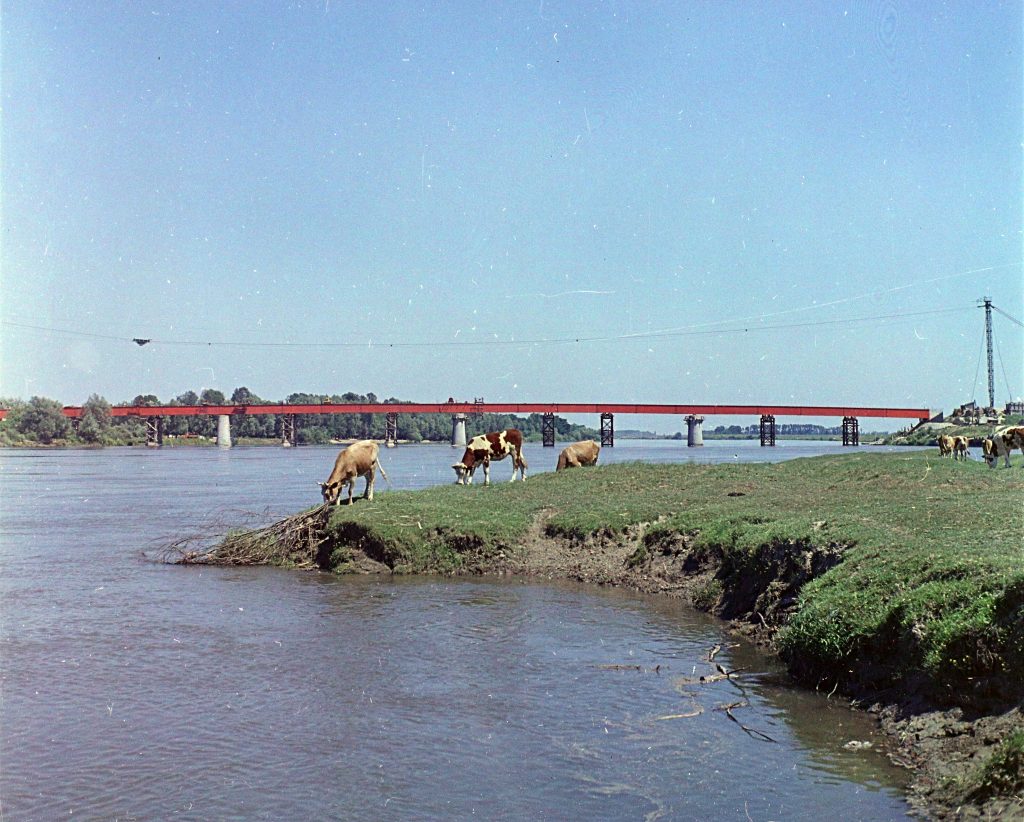Gábor Koloh, Research Centre for Humanities, Institute of History, Hungary
November 28 (Monday) 11.00-12.00 (Helsinki) 10.00-11.00 (CET), online
For ZOOM Link Register HERE the day before the event. You will receive the zoom link an hour before the program begins.
In my presentation, I would like to present some general conclusions about human and community motivations and the use of the natural environment by examining two communities in Hungary in the 18th and 19th centuries.
The Habsburg Empire liberated the territory of Hungary from Turkish occupation in the last decades of the 17th century. In the unfolding international trade, several heavy losses were suffered during the 18th century, exemplified by the Spanish and Austrian War of Succession. The Habsburg Empire became interested in making the best economic use of the newly conquered territory, so it settled the depopulated areas in a more or less organised way and encouraged the population to increase production.
A comparison of the farming practices of Hungarian and German settlers in Southern Transdanubia allows us to draw a number of conclusions about the cycle and sustainability. Their analysis shows that culturally based farming traditions have led to significant differences in the extent to which the environment is used and transformed.
Among the Hungarians living along the Drava River, who had a tradition of livestock-keeping, fishing and hunting, the maintenance of the existing state of nature was a primary economic interest. For generations, their way of life was directed towards maintaining and preserving it. Among the German settlers, environmental transformation took a much more pronounced form. The German community in southern Transdanubia quickly turned to wine and tobacco production, which was accompanied by a decline in animal husbandry and the destruction of forests. Their primary economic concern was to recoup the financial costs of resettlement from the Holy Roman Empire and then to establish a more stable livelihood. As a consequence, they were more flexible in their response to economic opportunities and technical innovations, while they did not have a generational farming tradition adapted to local conditions.
Although the two communities both approached the environment from a utilitarian perspective, they exploited it differently because of their farming traditions. My analysis of the period up to the mid-19th century already shows the consequences of this environmental transformation. More and more of the land under intensive farming was becoming unproductive, largely due to gullying. In the rural areas inhabited by Hungarians, restrictions on the use of forests by the manorial estates forced the serfs to shift to more extensive arable farming. Apart from the relevant differences, the two communities’ farming had in common that they tended to accumulate. In this deeply human endeavour, for generations, the maintenance or modification of environmental conditions has always been a function of the moment.

